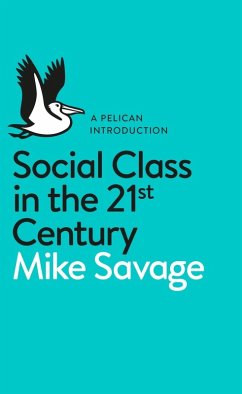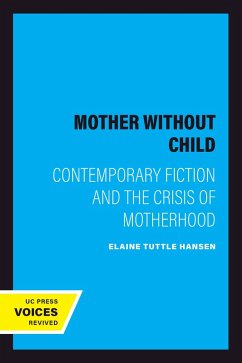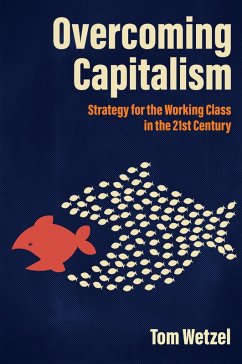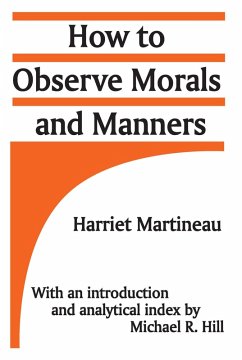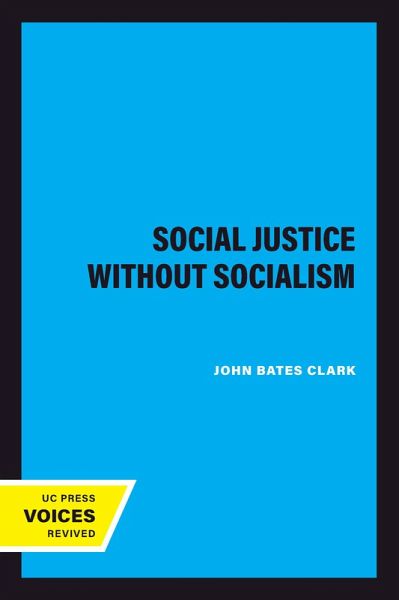
Social Justice without Socialism (eBook, ePUB)
Versandkostenfrei!
Sofort per Download lieferbar
18,95 €
inkl. MwSt.
Weitere Ausgaben:

PAYBACK Punkte
9 °P sammeln!
The Barbara Weinstock Lectures, 4
This title was originally published in 1914.
The Barbara Weinstock Lectures, 4
This title was originally published in 1914.
This title was originally published in 1914.
The Barbara Weinstock Lectures, 4
This title was originally published in 1914.
Dieser Download kann aus rechtlichen Gründen nur mit Rechnungsadresse in A, D ausgeliefert werden.




